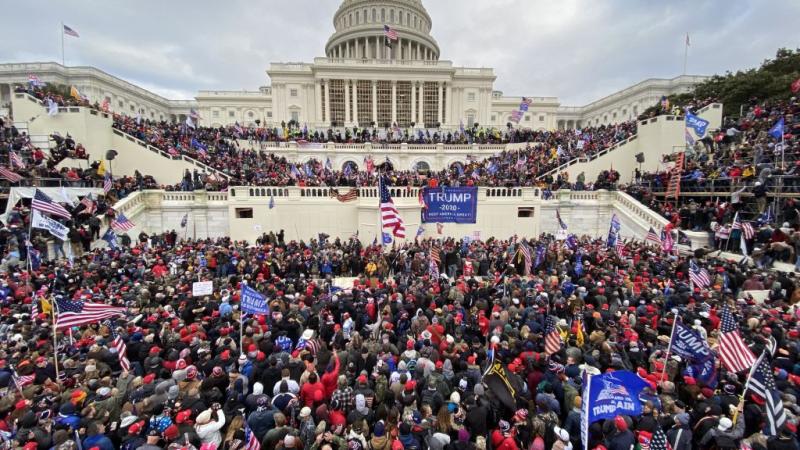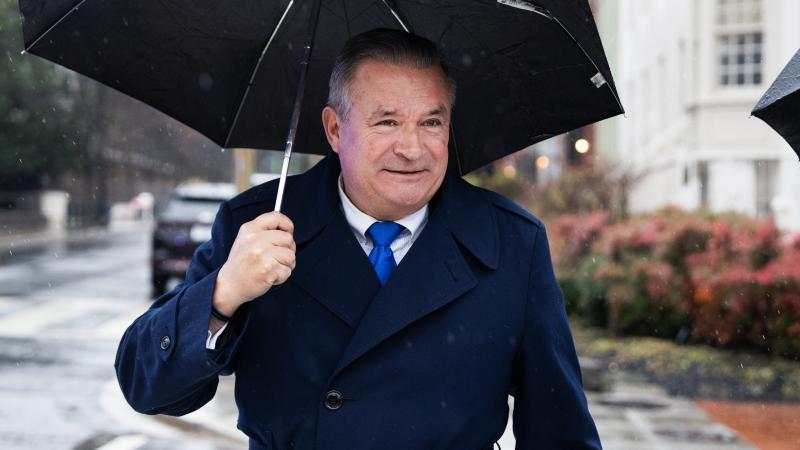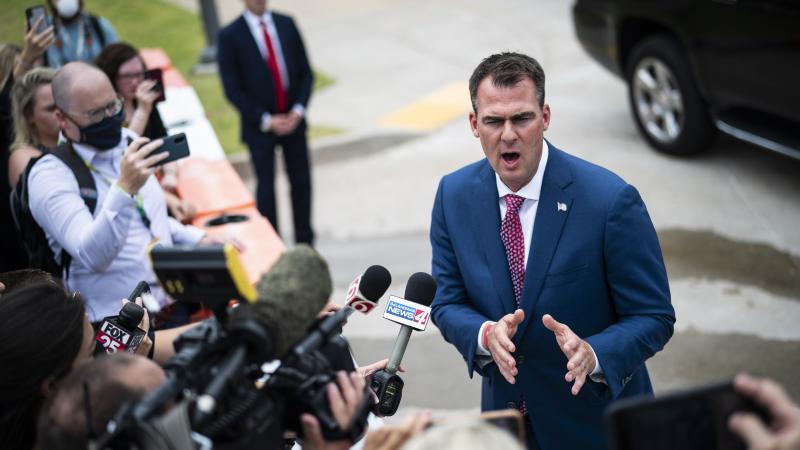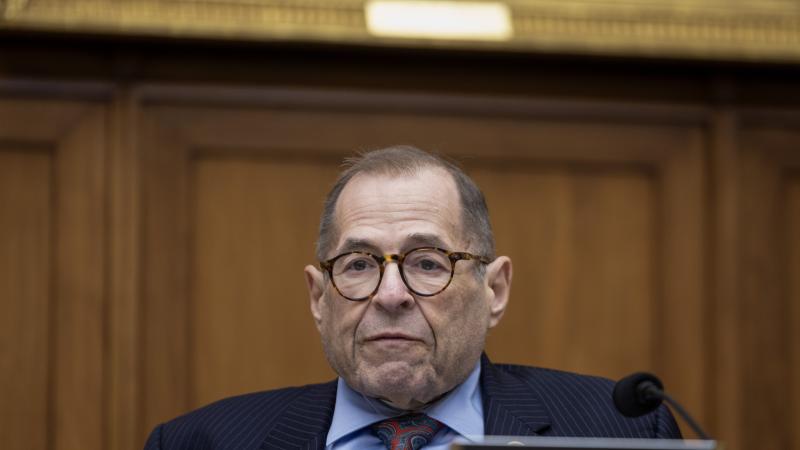An intelligence community shakeup is returning assets to field, where they are welcomed
Acting Director of National Intelligence is shrinking down his bureaucracy, and sending resources to other spy agencies.
When Ambassador Ric Grenell took over as America’s acting intelligence czar earlier this year, he inherited a Director of National Intelligence Office that had ballooned in both size and mission.
Created after the Sept. 11, 2001 terror attacks to ensure better communication and coordination between the 17 main intelligence agencies, ODNI had swelled by this year to 1,800 employees — many with senior salaries — and a similar number of contractors.
And the mission of coordination had crept to include analysis and many other tasks normally reserved for the likes of the CIA, DIA, and FBI. In essence, ODNI started competing to perform the same jobs as other agencies it was supposed to supervise.
Grenell saw a bureaucracy with much duplication and cost. He wasn’t alone. Multiple reviews of the agency’s structure over the last 24 months had flagged the need for reforming and shrinking ODNI, but no one pitched the shovel into the dirt to get change started. Grenell did.
With little fanfare, the acting DNI and ambassador to Germany has undertaken a major shakeup of ODNI, shrinking down its size and sending many employees back to spy agencies on the front lines. He’s trying to finish the job before President Trump’s nominee, Rep. John Ratcliffe (R-Texas), is confirmed.
The heads of the recipient agencies are welcoming the change, including Ellen McCarthy, Assistant Secretary of State for Intelligence and Research, whose INR office inside the State Department is getting additional resources.
“INR is one of the smallest members of the intelligence community, but it has long had an outsized impact in terms of its contributions to the analysis that informs policymakers,” McCarthy said. “In fact, taking into account the relative size of intelligence agencies, INR contributes more per analyst to the President's Daily Brief than any other IC member, and our work provides a unique perspective for policymakers.
“But INR is under-resourced, and it desperately needs more people and budget,” she added. “ADNI Ric Grenell has recognized this, and I applaud his efforts to reform ODNI to move more personnel to frontline agencies like INR that are doing the hard work of intelligence.”
CIA is another agency set to get resources returned to it after years of chafing as ODNI duplicated some of its responsibilities and borrowed some of its officers.
“ODNI was not intended to collect and analyze intelligence, its function was to coordinate these activities among intelligence agencies,” said a senior U.S. official, who spoke only on condition of anonymity because of the sensitive nature of the reorganization.
“You don't need thousands of people to do that,” the official said. "ODNI absolutely needs to reassess how it is working with an eye towards shifting officers back to agencies like CIA and FBI."
Daniel Hoffman, the CIA’s former top spy in Moscow, said the reorganization was long overdue after the DNI spent years borrowing assets and duplicating efforts with the very agencies it was supposed to manage.
“The DNI followed a pattern we often see in our bureaucracy, it grew in personnel and budget,” Hoffman told Just the News. “But remember the DNI’s mission is to be a strategic manager of the intelligence community, to ensure the 17 agencies in the IC operate seamlessly together, coordinate effectively, and share intelligence.
“The most precious resource in our intelligence community is our people,” he added. “We do not have an unlimited supply of highly trained experts in their craft. Our intelligence collectors, analysts, scientists etc. need to be positioned most effectively in the IC to do their core mission: recruit spies, steal secrets, and conduct the all-source analysis on which the president relies to make executive decisions."
Hoffman cited the ODNI’s National Counterterrorism Center as one example: It created a counterterrorism analytical capability that already exists at the CIA.
“There is a place for NCTC in our bureaucracy, but just with fewer people, so that we can do our core mission at CIA, DIA, FBI etc. more efficiently,” he said.
The FBI, another beneficiary agency of Grenell’s reforms, declined comment. But its former Assistant Director for Intelligence recently wrote a column explaining how ODNI’s bloated bureaucracy wasted money, time and resources.
Kevin Brock wrote in The Hill last month that ODNI was becoming a “promotions playground” inside the intelligence community by requesting 1,500 of the highest paid career officials from the Senior Executive Service, five times more than the FBI, which is 20 times larger in size.
Brock said instead of duplicating work already done by agencies like FBI and CIA, ODNI should use its executive power to make those other agencies more efficient, more accountable and more innovative.
“The law gave the DNI a particularly powerful authority that has rarely, if ever, been exercised,” he wrote. “The DNI was given broad authority to move allocated intelligence funding among the IC agencies, to ensure the best results. It’s this authority that justifies the DNI’s seat in the Cabinet.
“In other words, the DNI can take from the weak and give to the strong in order to discourage disappointing, wasteful agency behaviors and results while rewarding top-performing programs and initiatives,” he said. “In theory, it’s our best protection against future, costly intelligence failures.”
Hoffman, the retired CIA officer, said the shifting of resources out of ODNI back to spy agencies will pay dividends.
“Sending our officers back to their home agencies where they can accomplish this mission is best for our nation’s security,” he said.
















